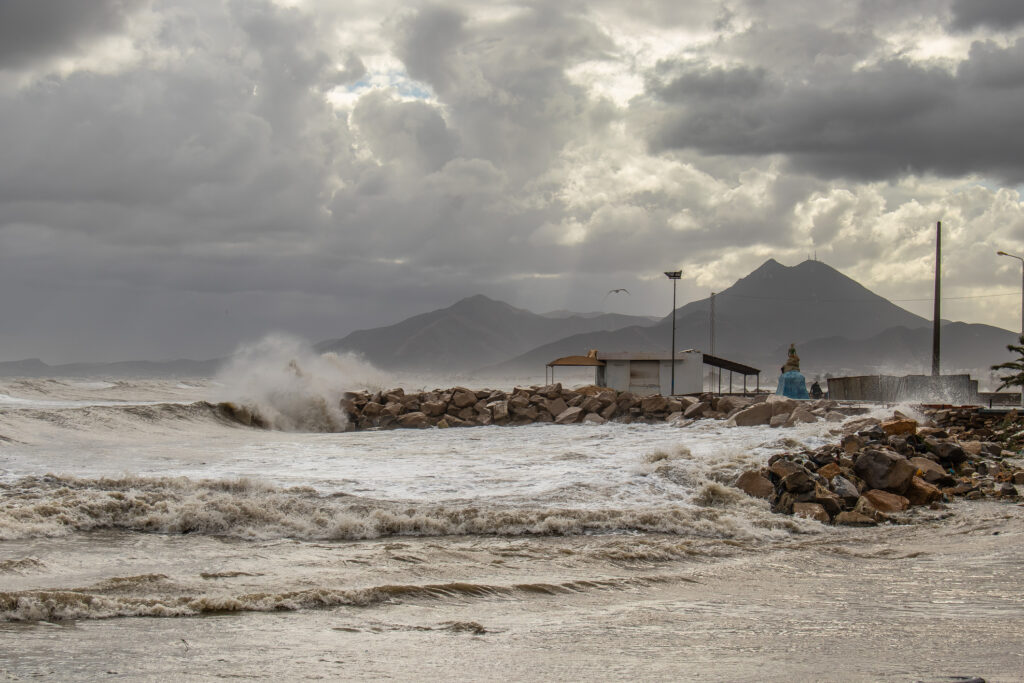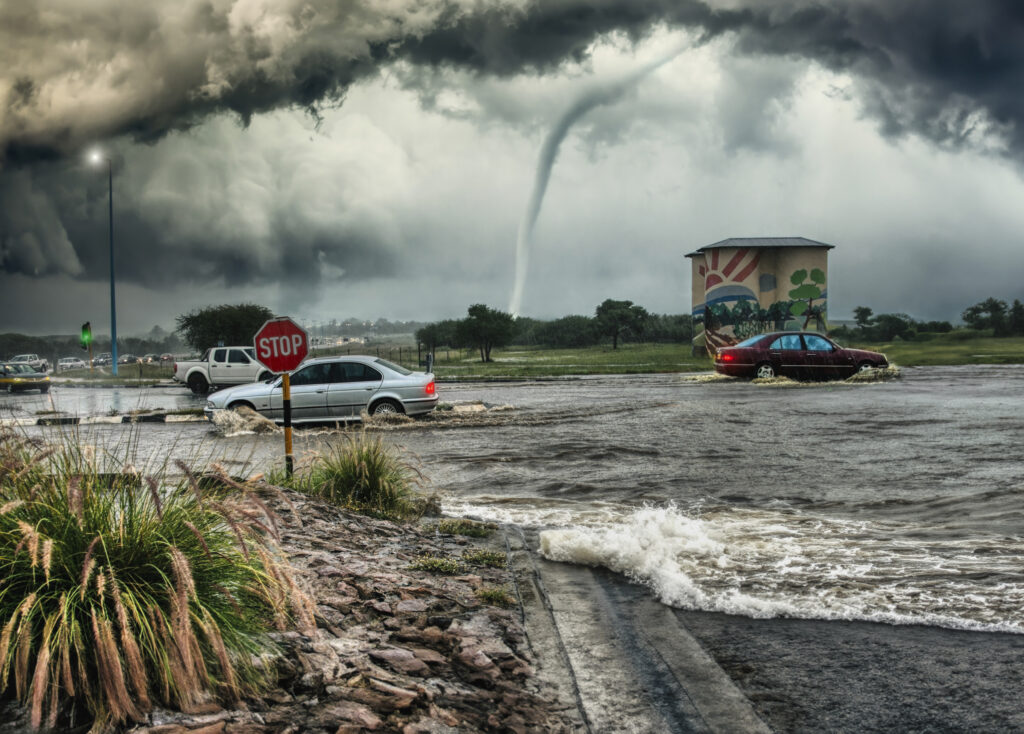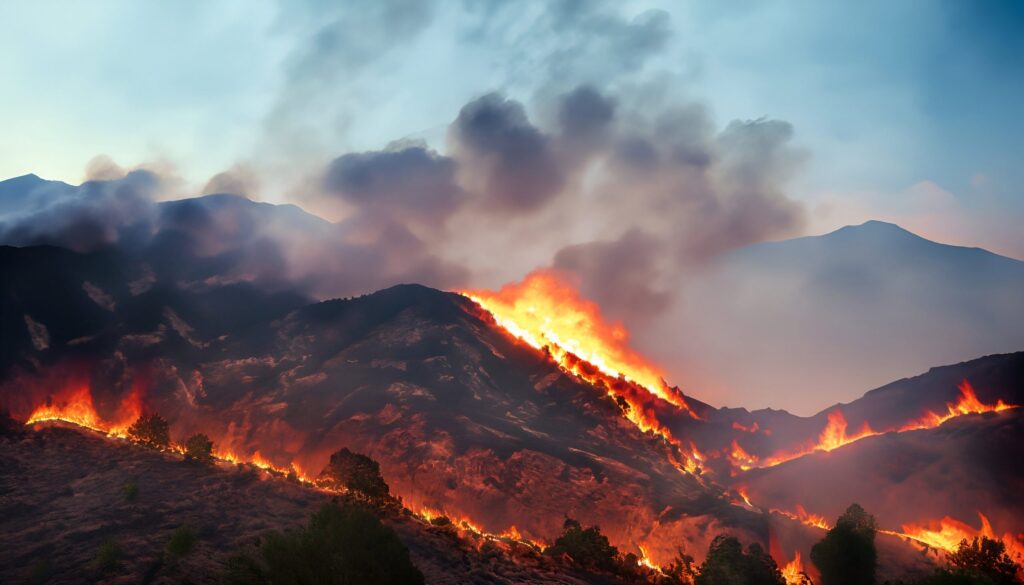How Climate Change Affects the Travel Industry

Whether you live at the very edge of an ocean or several hundred miles from a coast, climate change has had – and will continue to deliver – a devastating impact on every single inhabitant of the planet. Today, we’re sharing the ways its overlapping manifestations – rising seas, extreme weather, higher temperatures and melting glaciers – affect the travel industry.
Sea Change

Let’s take a deep dive into the world’s rising oceans. Year after year, this climate-change-driven phenomenon has led to beach erosion, flooding and infrastructure damage in coastal regions as well as physical destruction to waterfront resorts and hotels. With its overwater bungalows and crystalline waters, The Maldives has long been a coveted vacation spot. But some experts believe part of this island nation in the Indian Ocean could become uninhabitable by the mid-21st century. Additional popular tourism destinations adversely affected by rising sea levels include Venice, Bangkok and, closer to home, Miami and New Orleans.
Perfect Storm(s)

Extreme weather has resulted in everything from temporary closures to the more permanent impacts of scaring away tourists, decimating destinations and increasing properties’ costs for goods and insurance premiums. The 2021 Atlantic hurricane season churned out a total of 21 named storms, seven hurricanes and four major hurricanes (remember Ida?). Hurricane Maria (a Category 4 storm) caused such catastrophic damage to Puerto Rico in 2017 that it was considered a humanitarian crisis. Of course, it’s not just the Caribbean Islands and points along the Atlantic Ocean and Gulf of Mexico that are impacted by extreme weather events. A deadly tsunami hit popular tourist destinations throughout Asia, killing 230,000 holidaymakers and residents in 2004.
Heating Up

There’s no doubt about it. Globally, average temperatures have soared since the late 19th century and last summer has been the warmest by far. These hotter-than-ever conditions have contributed significantly to the risk (and reality!) of drought and wildfires. We’ve seen great swaths of California and Greece ablaze – with residents evacuating and travelers avoiding these once-popular destinations. Some vacationers have even flipped the script to embark on “coolcations” that allow them to escape a heat wave at home. And, while sunny skies are typically embraced on vacation, long stretches without precipitation are a nightmare for properties taking care of their grounds and golf resorts trying to maintain ideal playing conditions on their courses.
Thawing Out
Going hand-in-hand with these rising temperatures are ice meltdowns and shortened winters. Nature lovers who visit Iceland, Patagonia and Alaska for glimpses of mighty glaciers may have nothing to see in the not-so-distant future. And warmer winters are making a washout of ski trips to the European Alps and North American Rockies.
Habitat Havoc
Remember when we mentioned the impact of climate change touches every single inhabitant of the planet? That goes beyond humans. Rising ocean temperatures have triggered massive coral bleaching events, including in the Great Barrier Reef, as well as changing the behaviors, migratory patterns and survival of marine animals. On land, native habitats and wildlife are also being detrimentally affected so destinations reliant on rich biodiversity as their visitation draw are taking a terrible hit as well.
Conscious Travelers

The good news is that more and more people are driven to make a difference – whether by replacing their gas-guzzling SUV with a hybrid or electric vehicle or making travel decisions that leave a gentler footprint on the planet. They’re looking for destinations that prioritize clean energy and properties committed to sustainability. It’s on you to make these environment-friendly moves and communicate to the traveling public that you’re aligned with them in caring for our world. And it’s on all of us as individuals to do what we can to minimize our own impacts. From switching to LED bulbs – and switching off those lights as we exit a room – to biking rather than driving when possible to reducing, reusing and recycling.
That’s just the beginning of how the planet’s climate impacts the travel business climate. To help mitigate these effects, you need a tourism and hospitality marketing partner who has the experience and expertise to take the temperature of what’s happening, both now and in the future, to guide you on the path to prosperity. Contact Lynn Kaniper at 609.266.9187 ext. 117 or lkaniper@danacommunications.com to have a chat about just what Dana can do for you.